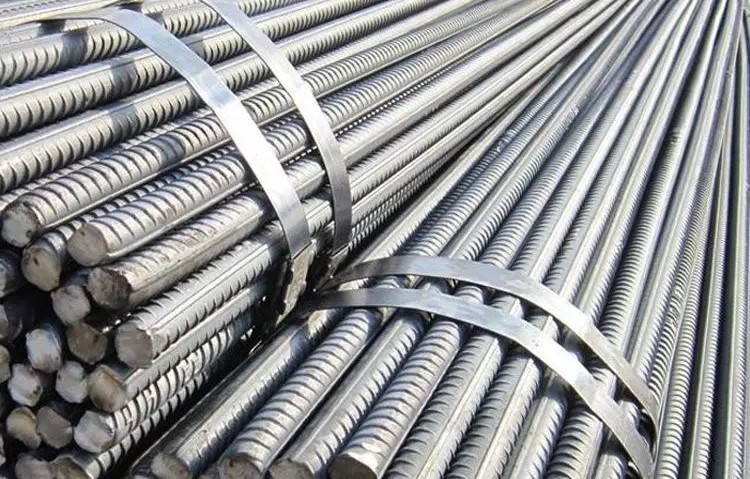

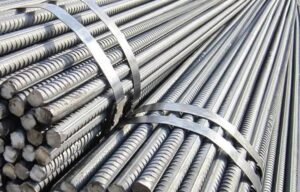 Ghana is becoming the launchpad for the penetration of fibreglass technology into concrete construction in Africa.
Ghana is becoming the launchpad for the penetration of fibreglass technology into concrete construction in Africa.
One company has introduced, and is promoting the use of the tech, kept away for close to a century as a military secret to building structures undetectable by radar.
The Chinese are said to have gone public with the technology few decades ago, and developed a cheaper production method that made it a success as a commercially available commodity.
Ivan Romanov, Director of Fiberglass Reinforcement Company, who spoke to the GNA from its stand at the 2023 Volta Trade and Investment Fair in Ho, said Ghana had been established as its base on the Continent
The Ukrainian Company has been in the country for more than a decade, and recently completed the construction of a production plant for a company in neighbouring Ivory Coast.
Fiberglass Reinforcement has supplied the construction of notable projects in Ghana, including, the Pokuase Interchange.
It has a lifespan of more than 120 years and is lighter than iron rods, has triple the lifespan, while also of a lower cost, and thus, fast becoming an alternative in a world more concerned about environmental sustainability.
Mr. Romanov said the material had been used to eliminate magnetic effects in concrete, and that a continuous production method invented by the Chinese in the 1990s became the breakthrough to commercialisation.
“No one is doing it in Africa, and we have established a manufacturing plant in Ghana, as the most stable democracy in Africa,” he told the GNA.
He revealed that the first phase of the expansion of the factory had been completed, and that production lines for the products were being established.
On the environmental component of the production, he said, “no fossil fuel is burnt during production.
“It is very energy efficient. It consumes only electricity needed for the factory and its way below what others use. There is no smoke during production”.
The material had been certified by the Ghana Standards Authority, and endorsed by the Ghana Institute of Engineers, and is currently in use in about 20 government projects.
“It is three times stronger on tension structures. It has more tensile strength than iron rods and its getting widely accepted,” he said
Some raw materials for the production are however imported, except a few, including river sand, and Mr. Romanov said a roving material which was a major component would be considered for local production in the future as the market grew.
“We want to keep Ghana as the center for the fibreglass technology. We believe that manufacturing is the factor and the only way for successful growth of the economy of any country and Africa as a whole.
“Bringing new technology is the key for the future of generations and we are here to deliver it around Africa,” Mr. Romanov said.
The entrepreneur commended the fair organisation and said it was a good initiative that brought Ambassadors from across the continent and made it a grand networking opportunity.
He said the company worked under the AfCFTA agreement, which he said was a historic initiative that would boost the economy of all Africa.
The 2023 Volta Trade and Investment Fair was organised by the Association of Ghana Industries (AGI) in collaboration with the continental free trade secretariat on the theme “Leveraging the AfCFTA for Economic Development”.
Source: GNA
The post Ghana seeks to replace iron rods in construction with fibreglass appeared first on Ghana Business News.
Read Full Story
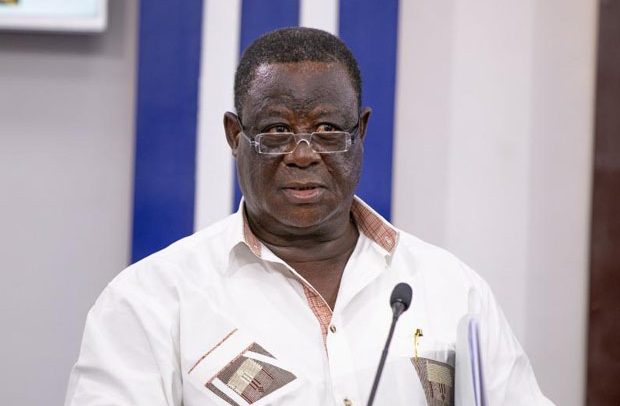

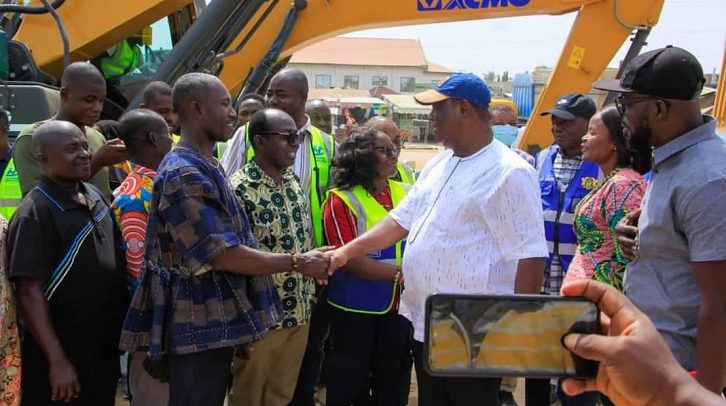
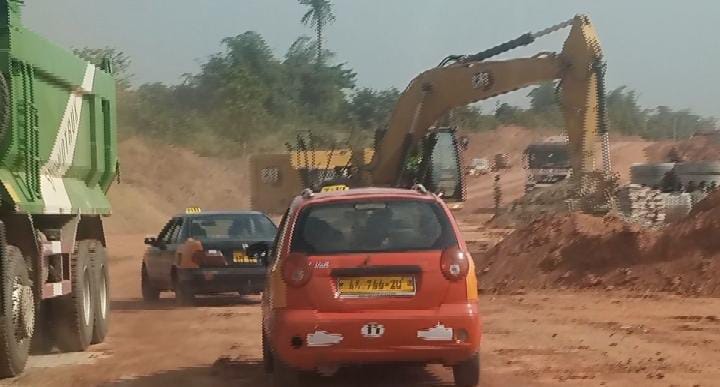
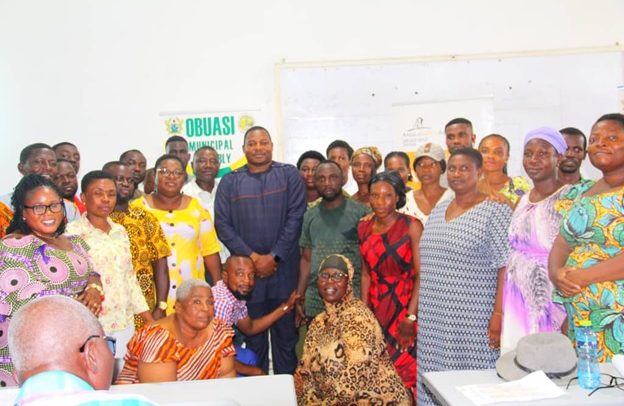
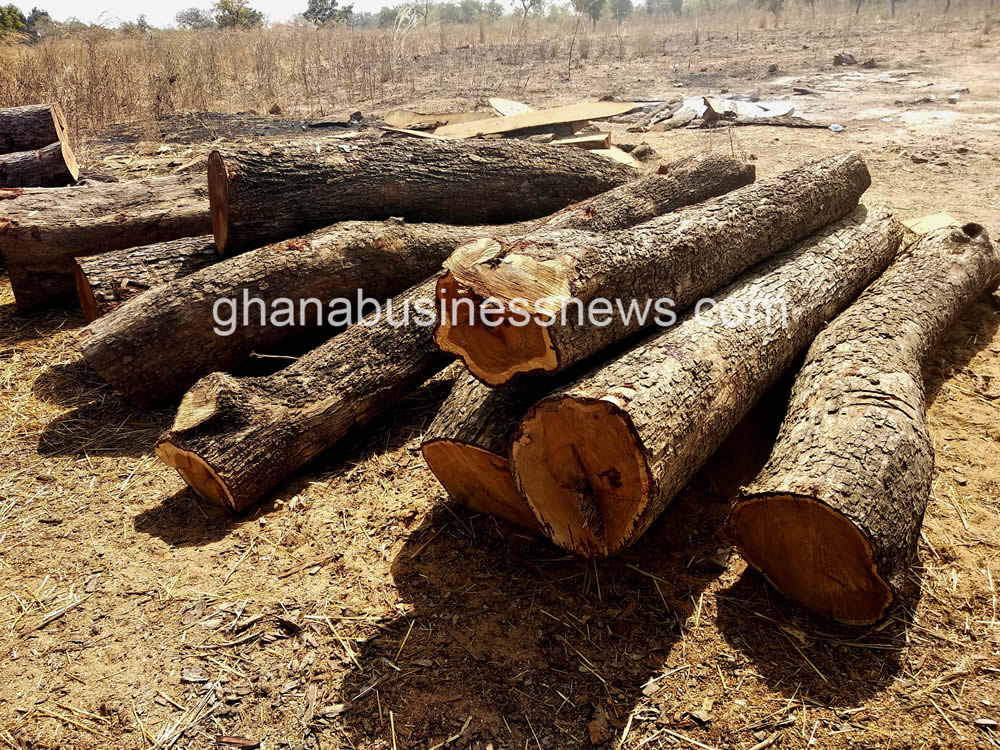















Facebook
Twitter
Pinterest
Instagram
Google+
YouTube
LinkedIn
RSS